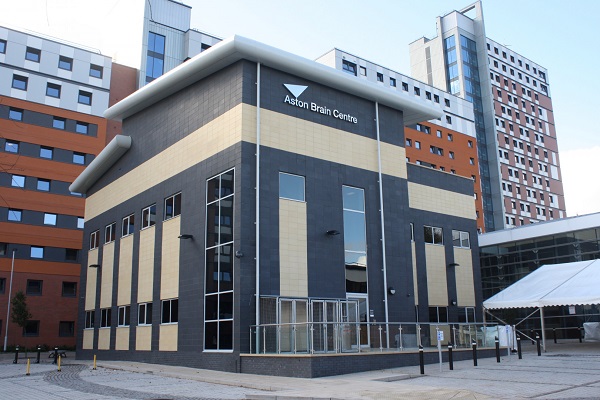Aston University: Aston University to take step back in time with new archive exhibition
Aston University will be illuminating its history with materials from its archives, which will be on show at a public lecture and in a temporary exhibition.
Preserving the Histories of a Community of Makers will launch on Thursday 24 November with this special event which will be open to the public.
The Aston University Archives house materials relating to the history of Aston University (1966 onwards), as well as its predecessor institutions: the Birmingham Municipal Technical School (1895 to 1927) and the Birmingham Central Technical College (1927 to 1951).
Items on display will include records of previous students, courses and fees from as far back as the 19th century, records from the First World War period, with details about student names, occupations, classes attended, and their marks as well as maps detailing the evolution of the institution and Birmingham as a city.
The wider collection includes documents which shed light on education, politics, economics, society and culture and chronicle the development of a variety of trades and professions, with the potential to enrich both local and global narratives.
They also include newspapers, brochures and records of the popular music acts which performed in the Great Hall, together with videos and slides of the campus as it has been built up—and knocked down—as well as campus maps through the decades.
The archives contain works of art as well as notable objects, such as the Parker 51 fountain pen used by Her Majesty Queen Elizabeth II when she opened the Main Building in 1955.
There will be a welcome reception, followed by introductory lectures from Professor Helen Higson and Dr Ilaria Scaglia, and then the official opening of the exhibition by Aston University’s Vice-Chancellor, Professor Aleks Subic.
Dr Ilaria Scaglia, senior lecturer in modern history at Aston University, said:
“Conserving and making these documents available allows our own History students as well as the members of the broader academic and non-academic communities to tell previously untold stories.
“The History programme is planning to lead its students to analyse these records through both traditional and digital methods. This is useful training for a variety of professions and also a way to offer a hands-on, engaging approach to history.
“These records are not only about individual institutions but they are also about the people who made them and were influenced by them; they are a window onto the times in which they lived. Because Birmingham has long been a diverse and global city, these records, peoples, and histories are global.
“History provides a key to understand past and present as well as indispensable insights to shape the future. These records document that past.”

